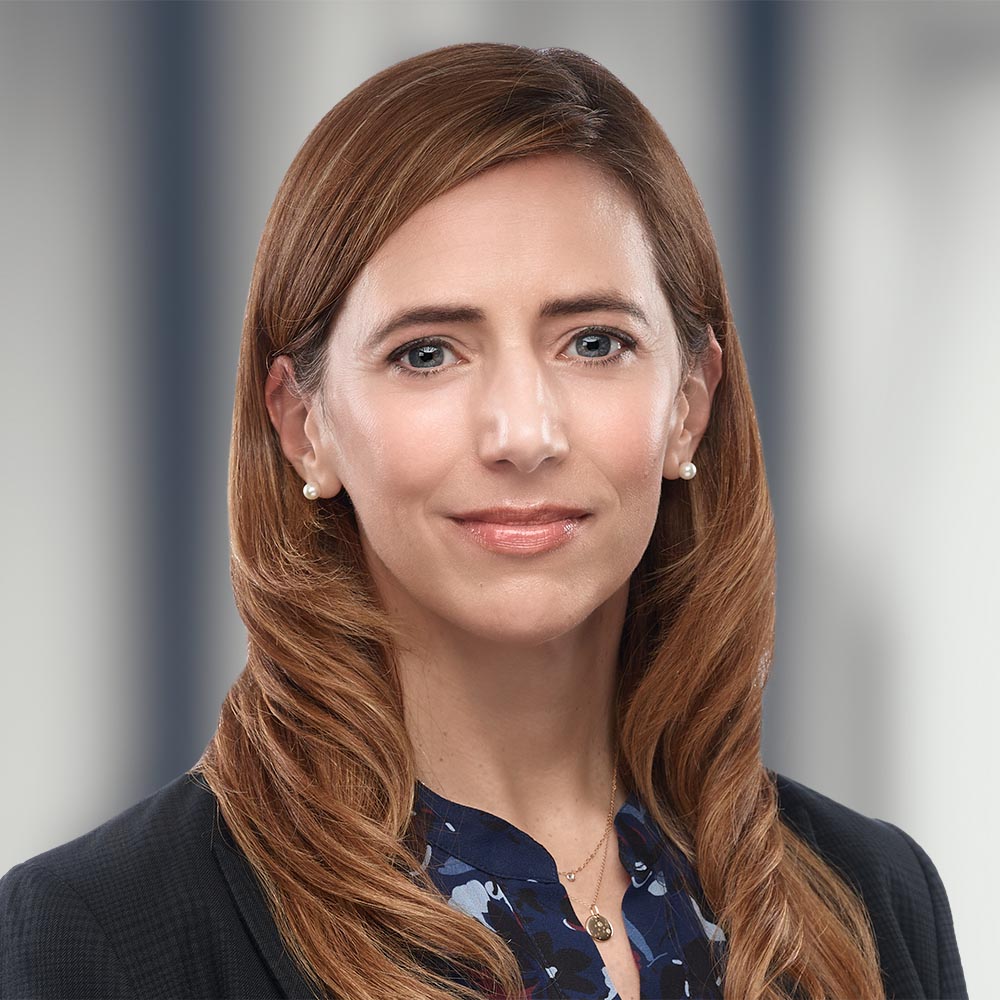Court Rejects Attempt to Expand Underwriter Liability
LBP Holdings v. Allied Nevada Gold Corp. is a proposed class proceeding alleging that, as a result of misrepresentations in Allied Nevada's disclosure documents—including a prospectus for an offering of shares—both shareholders who purchased shares pursuant to the prospectus and those who traded shares in the secondary market suffered losses.1 The plaintiff brought a motion to add the underwriters of the offering as defendants. One of the claims asserted against the underwriters was that, having provided the required underwriters' certificate in a prospectus that formed part of the issuers' disclosure record, the underwriters were liable for losses to shareholders who purchased or sold in the secondary market because they were "experts" under Part XXIII.1 of the Ontario Securities Act (the Act). In its decision on the motion to add the underwriters, the Court rejected the plaintiff’s argument that underwriters were "experts" under the Act.
What You Need To Know
- Underwriters are not "experts." The motions Judge (Justice Belobaba) readily acknowledged that underwriters have professional expertise in the capital markets. However, the Court found that the legislature had not intended underwriters be included in the secondary market liability provisions of Part XXIII.1 of the Act. The terms "expert" and "underwriter" are defined separately in the Act. The Court found that underwriters do not meet the definition of an "expert," hallmarks of which are: being considered a "professional" (in the sense of being self-regulating or self-licensing, as other "experts" are); and being part of a distinct profession that can provide authoritative expertise to statements made in a professional capacity.
- This decision is significant: had the plaintiff's novel claim been allowed to proceed, it could have significantly expanded the potential statutory bases for liability to which underwriters may be exposed. This, in turn, could have impacted the types of indemnity provisions underwriters seek in their agreements with issuers.
- Reason for exposing defendants to civil liability is to "induce care." In applying doctrines of statutory interpretation to the question of whether underwriters should be considered "experts," the Court considered the rationale for limiting their liability to primary market purchasers. It confirmed that the reason for exposing underwriters to civil liability for prospectus misrepresentation is to induce care in assembling the prospectus: as made clear by the primary market liability provisions of the Act, underwriters are expected to apply a reasonable level of diligence to this task.
- Even if underwriters were experts, certificate is not enough. The Court also considered the plaintiff's claim that the underwriters' certificate, included in the prospectus as required by section 59 of the Act (certifying that the prospectus contains full, true and plain disclosure) was the "report, statement or opinion made by the expert" required to meet the test for statutory secondary market liability under section 138.3(1)(e). Even had it found that underwriters were encompassed by the definition of "expert," it would not have permitted the plaintiff's claim because the certificate itself was not a misrepresentation in a "report, statement or opinion." Taken to its logical conclusion, the plaintiff's claim would have effectively "expertised" the entire contents of the prospectus. However, the Court found that there was no alleged misrepresentation in the prospectus that was also contained in the underwriters' certificate.
1 2016 ONSC 1629. Torys LLP is counsel to the underwriters in this case.
To discuss these issues, please contact the author(s).
This publication is a general discussion of certain legal and related developments and should not be relied upon as legal advice. If you require legal advice, we would be pleased to discuss the issues in this publication with you, in the context of your particular circumstances.
For permission to republish this or any other publication, contact Richard Coombs.
© 2026 by Torys LLP.
All rights reserved.

